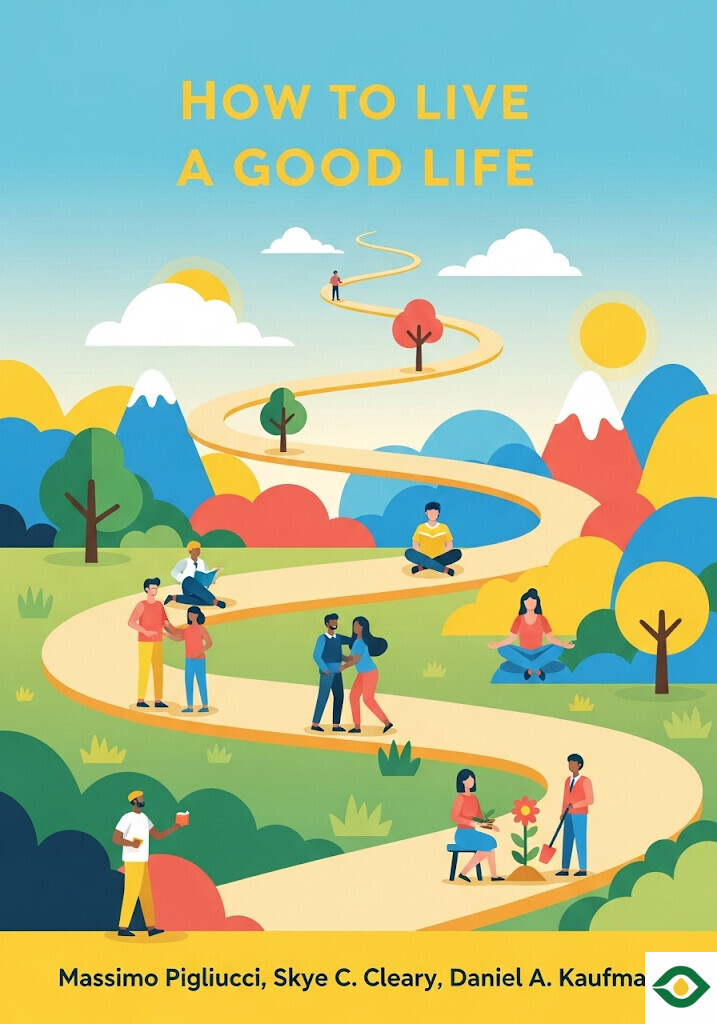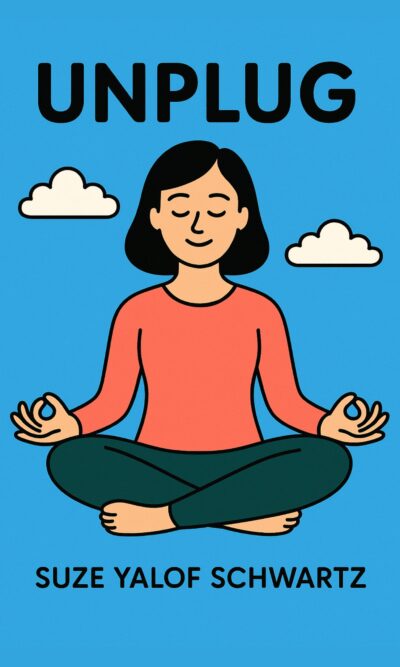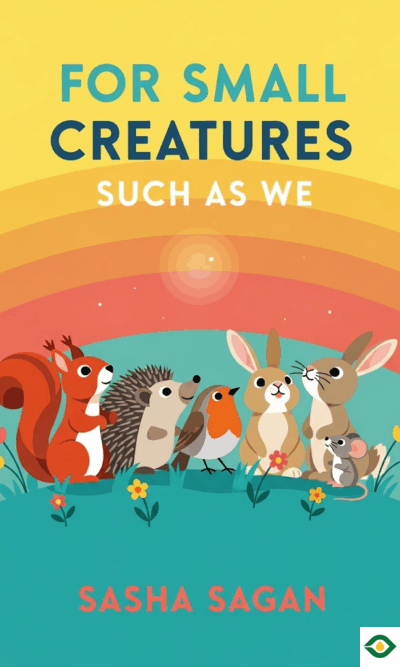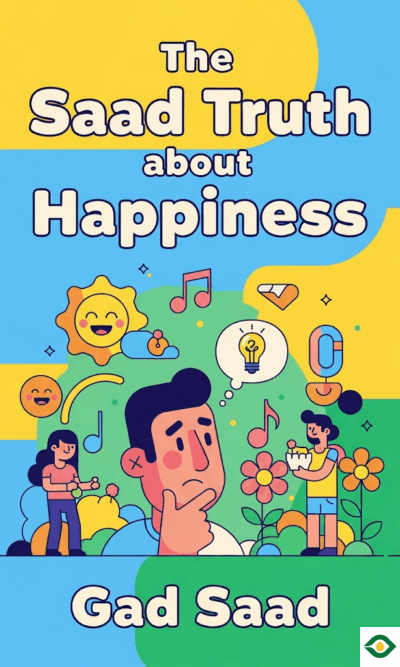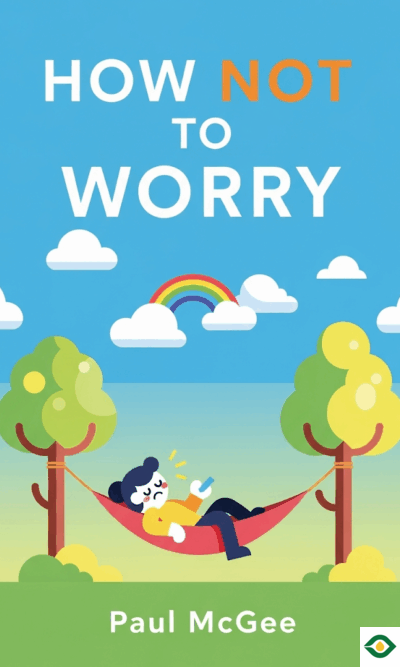Description
Human beings have always wondered what it means to live a good life. Across thousands of years and many cultures, philosophers, spiritual leaders, and ordinary people have tried to answer this question. Their ideas are sometimes very different, but all of them aim to help us make sense of our short time on Earth. By exploring these perspectives, we can discover new ways of thinking and perhaps find a personal philosophy that feels right for us.
One of the oldest schools of thought is Buddhism. At its heart, Buddhism focuses on reducing suffering and increasing compassion. The Buddha taught that nothing is permanent, and that we should not cling to selfish desires. Instead, a good life comes from living ethically and kindly, with the aim of reducing pain for all beings. The Dalai Lama once explained that even an extreme act, like stopping someone who causes great harm, can be ethical if it is done with compassion and without anger. Buddhism reminds us that true happiness is not just about our own peace, but about helping the world around us.
Confucianism, from ancient China, places great importance on relationships. According to this view, none of us exist alone—we are born into families, communities, and societies. To live well, we must nurture these connections. Compassion is natural, and it extends not just to people but even to animals and nature. Daoism, another Chinese philosophy, also values harmony, but it focuses more on our relationship with nature. Daoism teaches us to go with the flow, to adapt to life’s changes rather than resist them. Just as a river shapes the land, we should learn to move with circumstances instead of fighting them. Both Confucianism and Daoism remind us that life is not just about the self—it is about living in balance with others and with the world.
From the West, Aristotle’s philosophy offers another path. Aristotle believed that the goal of life is to flourish, a state he called “eudaimonia.” Flourishing means reaching your potential, becoming the best version of yourself. But Aristotle also recognized that life is not always fair. External events—like poverty, war, or illness—can limit our chances. Still, he encouraged us to strive for balance, cultivate virtues, and develop our talents. Even if the world is unpredictable, we can still aim for excellence in many areas of life.
Another pair of ancient philosophies, Stoicism and Epicureanism, take very different approaches. Stoicism teaches us to remain calm in the face of life’s hardships. Some things are under our control, but many are not, and we must accept this. By practicing wisdom, courage, justice, and self-control, Stoics believe we can find peace no matter what happens around us. Epicureanism, on the other hand, says the purpose of life is pleasure. But this is not about endless indulgence. Instead, it is about wisely choosing pleasures that bring lasting happiness and avoiding choices that lead to pain later. Both philosophies, in their own way, teach us to live with clarity and focus.
Religious traditions also provide rich guidance. Hinduism emphasizes karma—the idea that our actions shape our future, even across lifetimes. By acting well, we build good karma and move closer to liberation from the cycle of rebirth. Islam, particularly Progressive Islam, offers another perspective. It values justice, equality, and compassion while encouraging people to interpret ancient scripture thoughtfully in today’s world. Progressive Islam highlights the role of reason and reflection, showing that faith can evolve with the times.
Judaism and Christianity both use scripture as a source of wisdom, but they stress the importance of interpretation. Jewish tradition, for example, teaches that different views can still hold truth. Christianity, too, emphasizes reflection and meaning, often focusing on the life and teachings of Jesus. These faiths encourage prayer, contemplation, and community, not as rigid rules but as ways of deepening our understanding of life and suffering.
For those who do not believe in God, other philosophies exist. Ethical Culture, founded in the 19th century, promotes living with compassion and moral responsibility, even without religious belief. Secular humanism similarly values reason, science, and human connection. Both approaches show that it is possible to live an ethical and fulfilling life without turning to religion.
Modern philosophies also explore freedom and responsibility. Existentialism, popularized by Jean-Paul Sartre and Simone de Beauvoir, argues that we are “condemned to be free.” We did not choose to be born, but we are free to make choices about our lives. This freedom can feel overwhelming, but it also gives us the chance to create meaning for ourselves. Pragmatism, developed in America, takes a practical approach: life is uncertain and fragile, but by pursuing truth, goodness, and community, we can still move forward with hope.
A very recent philosophy is effective altruism. This approach asks: how can we do the most good with the resources we have? Some followers choose high-paying careers so they can donate more to charity. Others carefully study which charities have the greatest impact. Effective altruism challenges us to think deeply about our actions and their consequences for the wider world.
When we step back, we see that all these traditions, whether ancient or modern, share something in common: they try to help us find meaning, purpose, and direction. Some focus on relationships, others on personal growth, others on service to the world. None provide a single, universal answer. Instead, they offer possibilities.
Living a good life is not about choosing one path and ignoring all the others. It can mean drawing wisdom from many traditions, combining ideas that resonate with your values and your circumstances. Maybe you will find strength in Stoic calmness, compassion in Buddhist ethics, or hope in Christian reflection. Or maybe you will be drawn to secular humanism or effective altruism. The important thing is that you ask the question honestly: what does a good life mean to me?
The journey of discovering your personal philosophy may never truly end, and that is the beauty of it. Each experience, each challenge, each success or failure gives you the chance to refine your understanding. Humanity has been asking this question for thousands of years, and we will keep asking it far into the future. The richness of these many philosophies is not in giving one final answer, but in showing us that the search itself can be meaningful.

